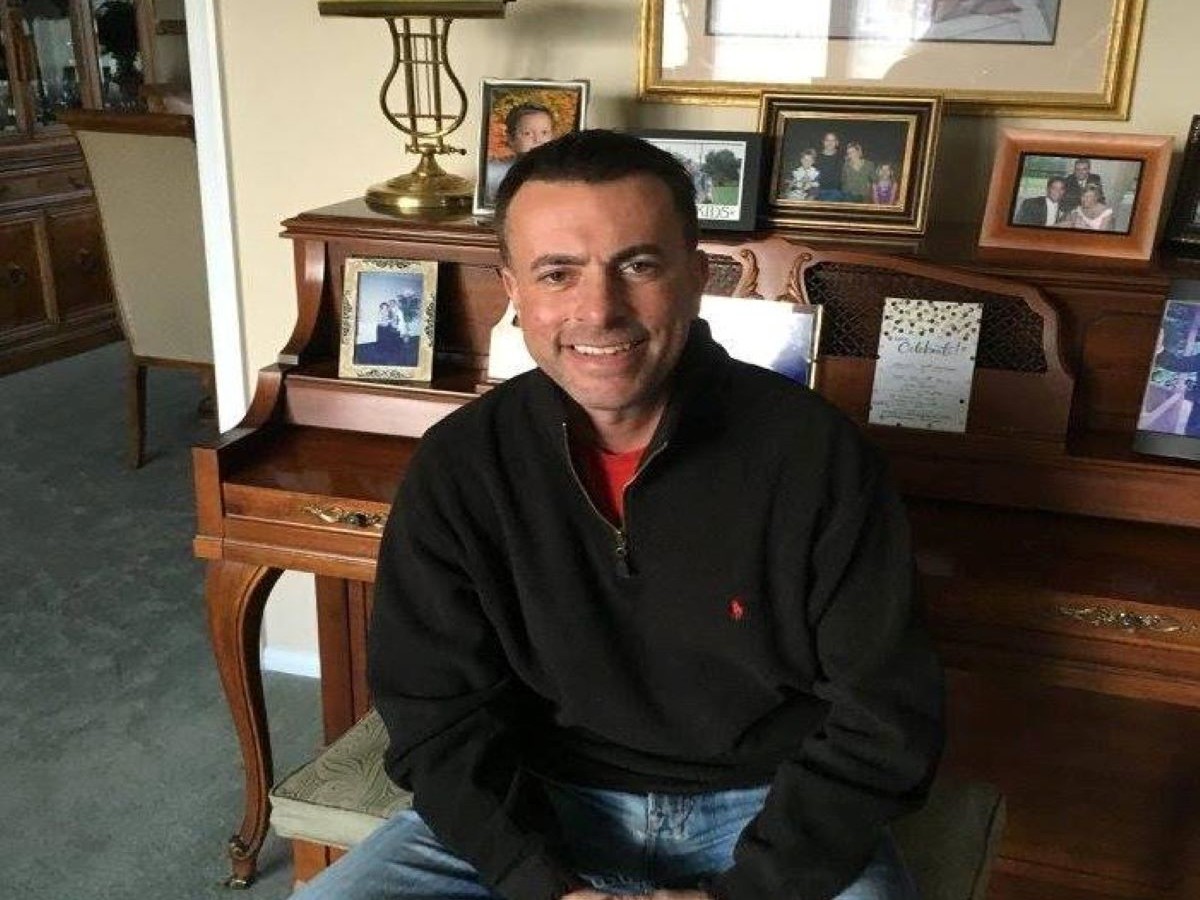Sales executive Jeffrey Mcelhaugh knows that leadership is a quality that can transform individual lives and entire communities. Some people may be born with strong leadership qualities, while others can acquire these skills through hard work and education.
Great leaders, however, generally share several common characteristics. Mcelhaugh recently discussed what these characteristics are and how they can combine to create incredible leadership.
#1: Integrity
“The No. 1 characteristic of every great leader throughout history is integrity,” says Jeff Mcelhaugh. “A great leader will always do what’s right, even if it means sacrificing power or wealth. They are someone the community can trust to keep their best interest in mind.”
Mcelhaugh explains that a community must be able to trust its leader. Without this trust, progress can’t be made. He adds that when trust is broken or lost, it can be challenging to get back. That’s why it’s so crucial that anyone in leadership roles should work to maximize trust and maintain integrity at all times.
#2: Excellent Communication Skills
Mcelhaugh notes that influential leaders must also be able to communicate openly with their community. According to Mcelhaugh, communication is essential to accomplishing goals, and a lack of communication can result in the opposite. A leader who doesn’t communicate properly can create misunderstandings and poor outcomes.
“It’s important to note that great communicators are great listeners too,” says Jeff Mcelhaugh. “A leader must listen to the people they are leading and solve problems based on their needs.”
#3: Decisiveness
Decisiveness doesn’t come easy to everyone, but it’s an essential part of leadership. A great leader will make important decisions, notes Mcelhaugh, even if they need to take action to correct that decision later. Leadership involves making many decisions and holding yourself accountable for the results of those decisions.
#4: Passion
A person can not effectively lead without a passion for what they’re doing, says Mcelhaugh, whether it’s leading a group of peers or an entire community. A sincere love for one’s role as a leader is something that can’t be faked.
#5: Gratitude
Gratitude has been proven to have many mental and physical health benefits. It has been linked to superior sleep, lower anxiety, and reduced depression.
Gratitude can also improve self-esteem, which is necessary for leaders to remain confident in their role and their decisions. A great leader, says Mcelhaugh, is never afraid to show gratitude or say “thank you” to those who help them in their cause.
#6: Critical Thinking Skills
One of the essential characteristics of a leader is that they think critically. A leader can adapt quickly and view problems from different angles to create unique solutions. Some individuals are born with critical thinking skills, but these skills can also be acquired through education and practice.
#7: Courage
A common trait amongst all great leaders is that they are courageous. Inspiring, talented leaders generally are not afraid to take risks, voice their opinions, and report concerns when necessary.
Leadership means confronting problems head-on instead of shying away from them. Being courageous also means being truthful at all times.
Final Thoughts
All great leaders possess varying degrees of the seven characteristics above. When combined, these skills can be used to spark incredible ideas and change entire communities. Leadership skills aren’t always innate. They can be learned through education and constant effort. Developing leadership skills is a process that may take time, but it can be life-changing for many.
“Leadership isn’t about just one individual,” concludes Jeffrey Mcelhaugh. “It’s about combining the forces of many individuals to create positive outcomes for everyone. With a great leader, any group of people can make monumental advancements.”


